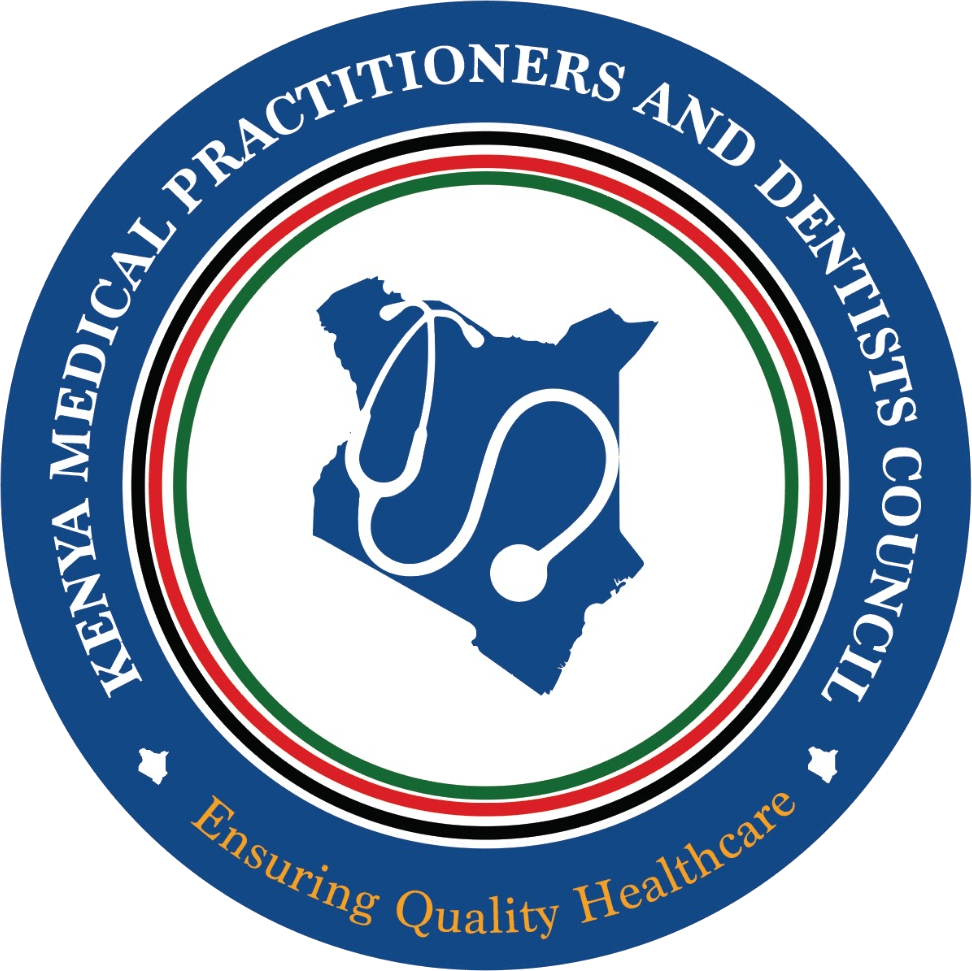Starting on:
Aug 29, 2024
Ending on:
Aug 29, 2024
Moderator(s):
ST THERESA MISSION HOSPITAL- BOARDROOM
Max Credits:
3 Points
Provider:
ST THERESA MISSION HOSPITAL - KIIRUA
Claim Points
Aug 29, 2024
Ending on:
Aug 29, 2024
Moderator(s):
Dr.
Wambui Kagucia
Paediatrician
Venue: Paediatrician
ST THERESA MISSION HOSPITAL- BOARDROOM
Max Credits:
3 Points
Provider:
ST THERESA MISSION HOSPITAL - KIIRUA
Claim Points
PERINATAL ASPHYXIA
Starting on:
Aug 29, 2024
Aug 29, 2024
Ending on:
Aug 29, 2024
Aug 29, 2024
Venue:
ST THERESA MISSION HOSPITAL- BOARDROOM
ST THERESA MISSION HOSPITAL- BOARDROOM
Description
CME on Perinatal Asphyxia
Objectives
Understand the Pathophysiology:
Describe the mechanisms of perinatal asphyxia, including its impact on oxygen delivery and utilization at the cellular level.
Recognize the potential causes and risk factors associated with perinatal asphyxia, such as maternal, fetal, and placental factors.
Early Identification and Diagnosis:
Identify signs and symptoms of perinatal asphyxia in both the laboring mother and the newborn.
Use appropriate diagnostic tools and assessments, such as Apgar scores, umbilical cord blood gases, and neuroimaging, to diagnose perinatal asphyxia.
Management and Intervention:
Implement immediate and effective resuscitation techniques according to the latest guidelines, including airway management, ventilation, and circulatory support.
Understand the principles and protocols for therapeutic hypothermia and other interventions aimed at minimizing brain injury and improving outcomes.
Long-term Management and Follow-up:
Develop and apply a comprehensive follow-up plan to monitor and manage potential long-term complications of perinatal asphyxia, such as neurodevelopmental disorders and other health issues.
Collaborate with multidisciplinary teams, including neonatologists, neurologists, and rehabilitation specialists, to provide holistic care and support.
Quality Improvement and Evidence-Based Practice:
Incorporate current research and evidence-based practices into clinical decision-making to improve outcomes for infants with perinatal asphyxia.
Participate in quality improvement initiatives and review case studies to enhance understanding and application of best practices in the management of perinatal asphyxia.
Communication and Family Support:
Effectively communicate with families about the diagnosis, treatment options, and potential outcomes related to perinatal asphyxia.
Provide emotional support and counseling to families, helping them understand the implications of perinatal asphyxia and involving them in care planning.
Presenters
-
Dr.
Jacob Thon
MO intern
Staff

